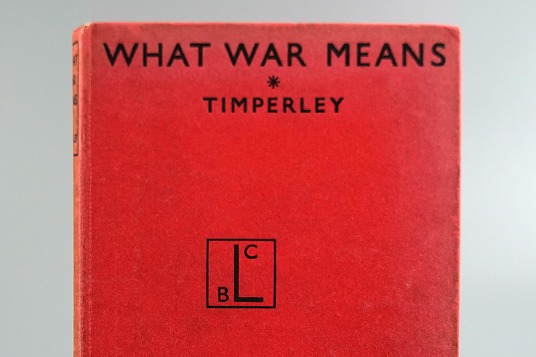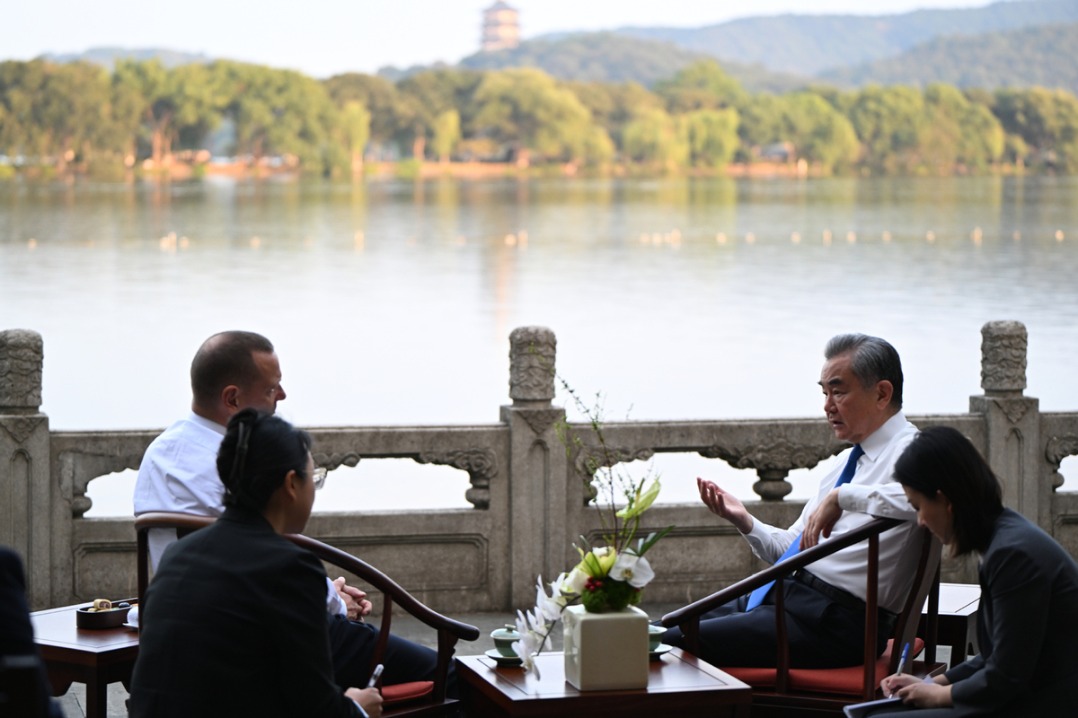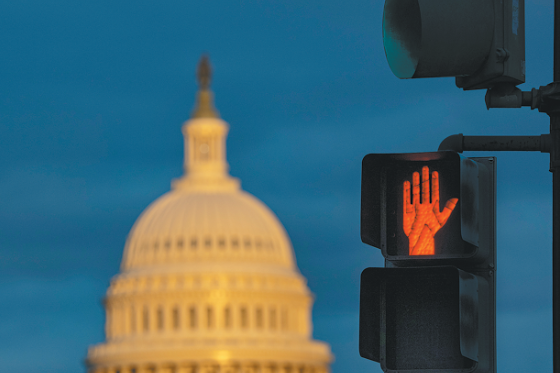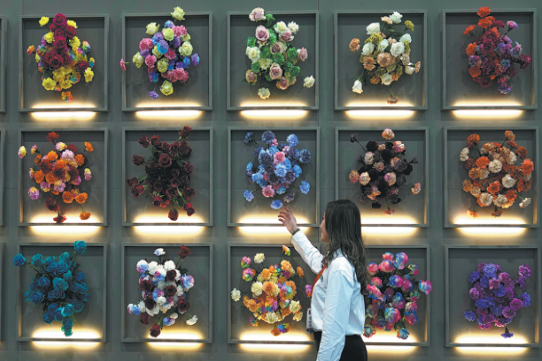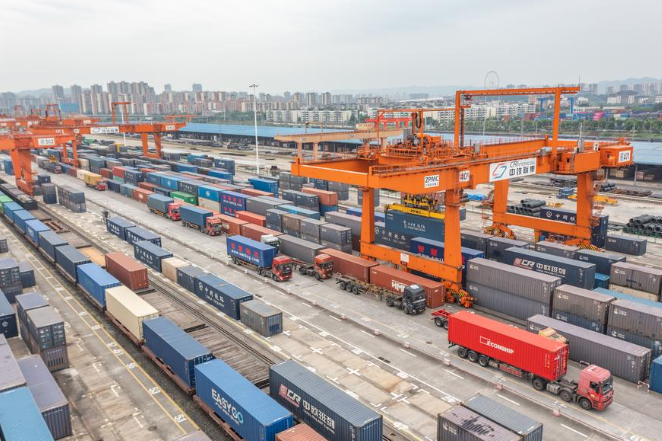Palestinian PM outlines Gaza reconstruction plan

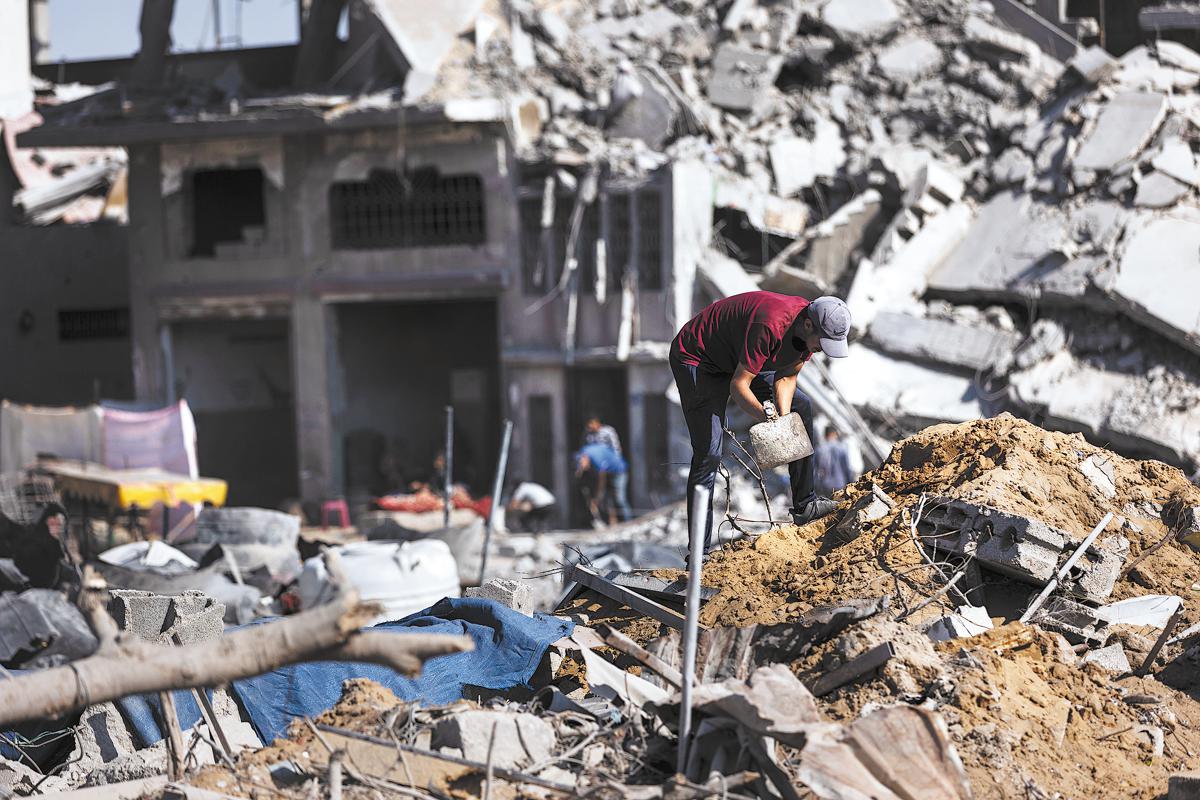
The Palestinian prime minister has unveiled a three-phase recovery and reconstruction plan for Gaza, estimated to cost $67 billion and span five years. But both Israel and Hamas are blaming each other for breaking the United States-backed truce, which has raised hopes of ending the conflict and relieving the famine there.
Speaking at a meeting with international partners on Thursday in the West Bank city of Ramallah, Mohammad Mustafa said the government has put in place a unified framework for Gaza recovery and reconstruction. This program builds directly on the Gaza Recovery, Reconstruction & Development Plan, adopted by the Extraordinary Arab Summit in Cairo in March 2025, and is in line with UN relevant resolutions and the New York Declaration.
He outlined that the first phase, focused on meeting urgent humanitarian and infrastructure needs, will last six months at a cost of $3.5 billion, according to WAFA News Agency. The second phase, lasting three years, will require $30 billion, while the final phase will focus on completing reconstruction and long-term recovery.
Mustafa said: "Our message to the international community is clear: Gaza's reconstruction must be Palestinian-led, Arab-backed, and internationally supported, ensuring not only the rebuilding of Gaza but also the restoration of hope, dignity, and stability for its people."
Israel, however, opposes any role for the Palestinian Authority or Palestinian military group Hamas in governing Gaza after the two-year conflict, which has left 68,000 Palestinians dead, more than 170,000 others injured and most Gaza neighborhoods unlivable in rubble.
Under the Israel-Hamas deal, which took effect on Oct 10, the first phase of the ceasefire includes Israeli troop withdrawals from Gaza City, Rafah, Khan Younis and the north, the exchange of hostages and prisoners, and the opening of five crossings for aid. Since last week, Hamas has released 20 Israeli captives alive and handed over 10 hostages' bodies, while Israel has freed around 2,000 Palestinian prisoners and detainees.
But Israel still stations troops in about half of Gaza territory, and has tied the return of deceased hostages to the desperately needed humanitarian aid. It demanded that Hamas return the bodies of the 19 deceased hostages it had not handed over. The group said it has handed over all bodies it could recover. The handover of more bodies would require the entry of heavy machinery and excavating equipment into the enclave, and the withdrawal of Israeli troops in southern Gaza, where the hostages died.
Also on Thursday, a senior Hamas official accused Israel of flouting the deal by killing at least 24 people since Oct 10, and said a list of such violations was handed over to mediators. "The occupying state is working day and night to undermine the agreement through its violations on the ground," he told Al Jazeera.
Related parties are expected to negotiate on the second phase of the ceasefire within days, with Hamas demanding a complete end to the conflict and a full Israeli withdrawal. Israel said the next phase of the 20-point blueprint proposed by US President Donald Trump calls for Hamas to disarm and cede power, which it has so far refused to do.
Trump on Thursday threatened to "go in and kill" Hamas members after a video surfaced showing gunmen allegedly linked to the group carrying out a public execution of Israeli-backed militants in Gaza.
"If Hamas continues to kill people in Gaza, which was not the deal, we will have no choice but to go in and kill them," Trump wrote on social media.
Meanwhile, trucks carrying aid for Gaza were again kept waiting to enter from Egypt on Thursday, with Israel remaining vague on when the Rafah crossing might open.
Israeli government spokeswoman Shosh Bedrosian said only that Rafah would be open "in the future" and that aid was entering Gaza via other routes. Defense Minister Israel Katz went as far as to warn that Israel would resume fighting in Gaza if its demands are not met.
Xinhua and agencies contributed to this story.
cuihaipei@chinadaily.com.cn

















